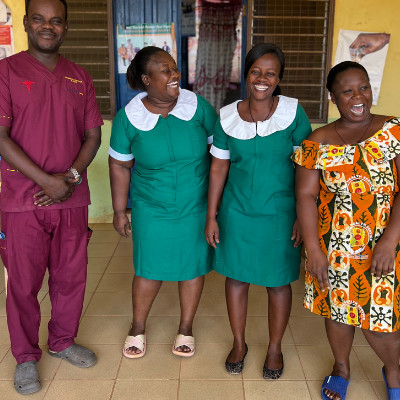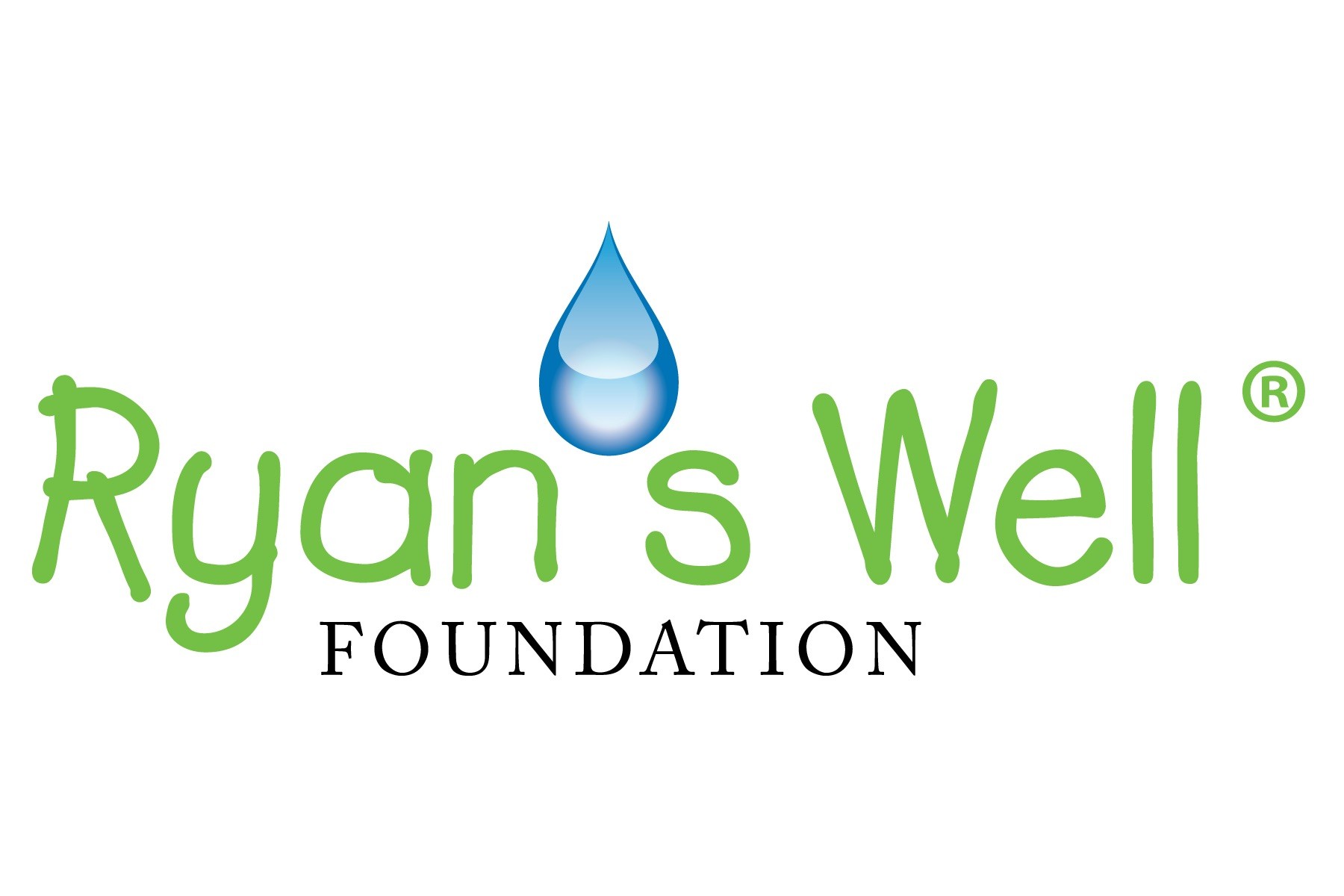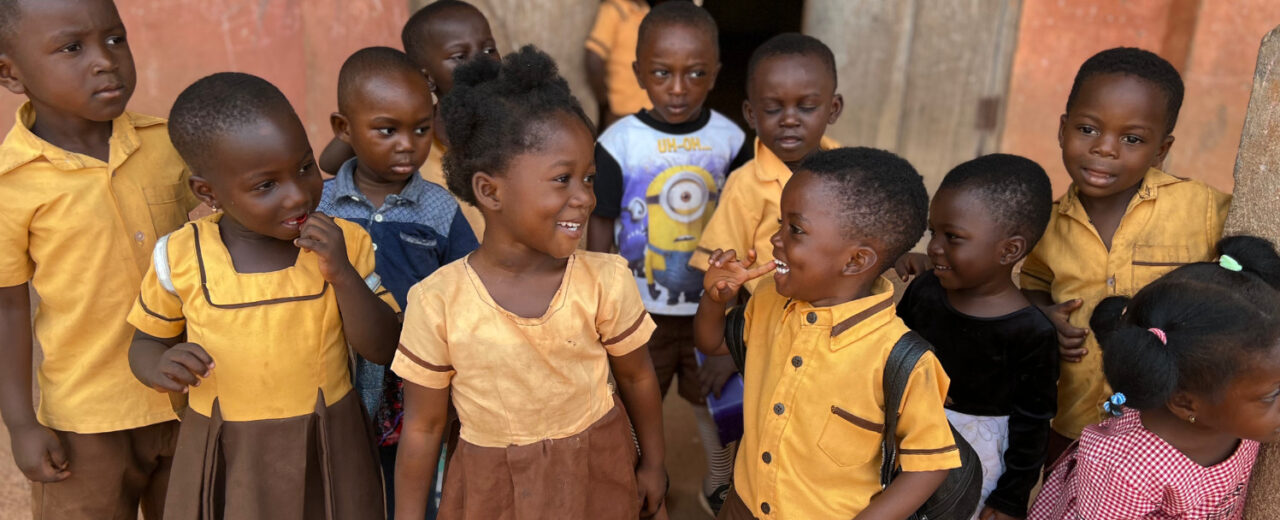 CLEAN, ACCESSIBLE WASH FOR STUDENTS IN GHANA
CLEAN, ACCESSIBLE WASH FOR STUDENTS IN GHANA
Deep Wells and WASH Education for the Ashanti Region
Water is health, education, community empowerment, dignity, hope, and life. Women and children, especially girls, are disproportionately affected by a lack of access to water, sanitation and hygiene (WASH), and shoulder the largest burden in water collection worldwide. Globally, women and girls spend 200 million hours collecting daily water for their families - that’s 22,800 years every day (WHO, 2019). With no safe water or sanitation at home, at school, in health facilities or workplaces, women and children in developing countries can be condemned to a lifelong battle of wasted time and opportunity, of drudgery, disease and indignity, which is magnified even further as the mind and body ages. This project intends to make WASH access more equitable, and will address persistent barriers to adequate WASH practices in the Ashanti region of Southwest Ghana by providing deep wells and extensive WASH training.
Necessity
Safe, accessible water access and WASH education is needed for students in Ghana.
Activity
Enabling deep well construction and provision of WASH training through local partnerships
Countable effort
Every GOOD DEED will contribute to 1 hour of WASH awareness training to prevent diseases for a child in the Ashanti region.
Result
Help to provide safe water access and WASH education for 10,000+ people in Ghana.
Systemic effect
Helping to improve the health, WASH awareness, and well-being of people in developing countries.
Background
This GOOD DEED addresses the desperate need for clean, accessible water and WASH education in the Ashanti region of Southwest Ghana. The World Bank estimates that 55% of people living in this region lack access to drinking water from an improved source that is accessible on premises, available when needed, and free from faecal and priority chemical contamination (WBG, 2022). Although the majority of Ghana is covered by savannah, and is mostly flat plains with very few rivers, more than five million people rely on surface water to meet their daily water needs, leaving them vulnerable to water-related illness and disease, such as malaria and typhoid (USAID/SWP, 2021). The WHO lists malaria as the leading cause of premature death in Ghana (WHO, 2019). Illegal mining activities in the Ashanti region have also led to widespread pollution of surface water. Gold mining contaminates water sources with toxic metals, including mercury, fluoride, and arsenic (USAID/SWP, 2021). Approximately 60% of the surface water is polluted nationwide (Yeleliere et. al., 2018). Additionally, 22 million Ghanaians lack adequate sanitation services, such as a toilet or handwashing station (Yeleliere et. al., 2018). Without these basic services, people in Ghana frequently suffer from dehydration, malnutrition, and diarrhea (the leading cause of death in the developing world). The impact of women, adolescent girls and children reclaiming time and opportunity for empowerment through education should not be underestimated; by investing in the health, human rights and well-being of students in the Ashanti region, we invest in their family’s overall health and well-being, building a more prosperous and advantageous world - one WASH project at a time.
The good deed
To improve the equitable distribution, effective usage and maintenance capacity of WASH services in this area, people in the Ashanti region must collect sufficient, clean water from improved water wells in order to meet their potable, cultural, and domestic needs. At present, communities are not able to bring about the changes required without external assistance due to high poverty rates and low awareness levels, particularly in relation to the need for improved hygiene and sanitation practices. There is inadequate resource allocation from the local Government to meet targeted WASH priorities, such as SDG6, leaving more than 1/2 of the population with a lack of access to safe water and WASH education. Our GOOD DEED will contribute to one hour of WASH training to prevent diseases for a student in Ghana. This project intends to directly address WASH access inequalities by providing deep wells and WASH training for communities in the Ashanti region.

About Ashanti Region, Southwest Ghana
Capital of Ghana
Accra
Population Ghana
in rural aereas
13,8 million
in cities
19 million
(2021)
Gini Index
43,5%
(World Bank) (2016)
a relative high income inequality
Happiness Index
Ghana 4,61
(2022 – The Global Economy)
104th rank worldwide of 134 countries
Ghana has a rich history dating back to 10,000 BCE. Ghana is a country located in West Africa. It is known for its rich history and culture. The country was the first black African country south of the Sahara to achieve independence from colonial rule. The official language is English.
About the organization and further information

Ryan’s Well Foundation
Website
Further information and source
- • Macrotrends LLC., 2022. Ghana Clean Water Access 2020-2023. The World Bank Group Archives, Washington, D.C., United States
- • World Health Organization, 2019. Drinking-Water: Fact Sheet. World Health Organization
- • USAID/Sustainable Water Partnership (SWP), August 2021. Ghana Water Resources Profile. Globalwaters.org
- • Yeleliere, E.; Cobbina, S. J.; Duwiejuah, A. B. Review of Ghana’s Water Resources: The Quality and Management with Particular Focus on Freshwater Resources. Appl. Water Sci. 2018, 8 (3), 93




